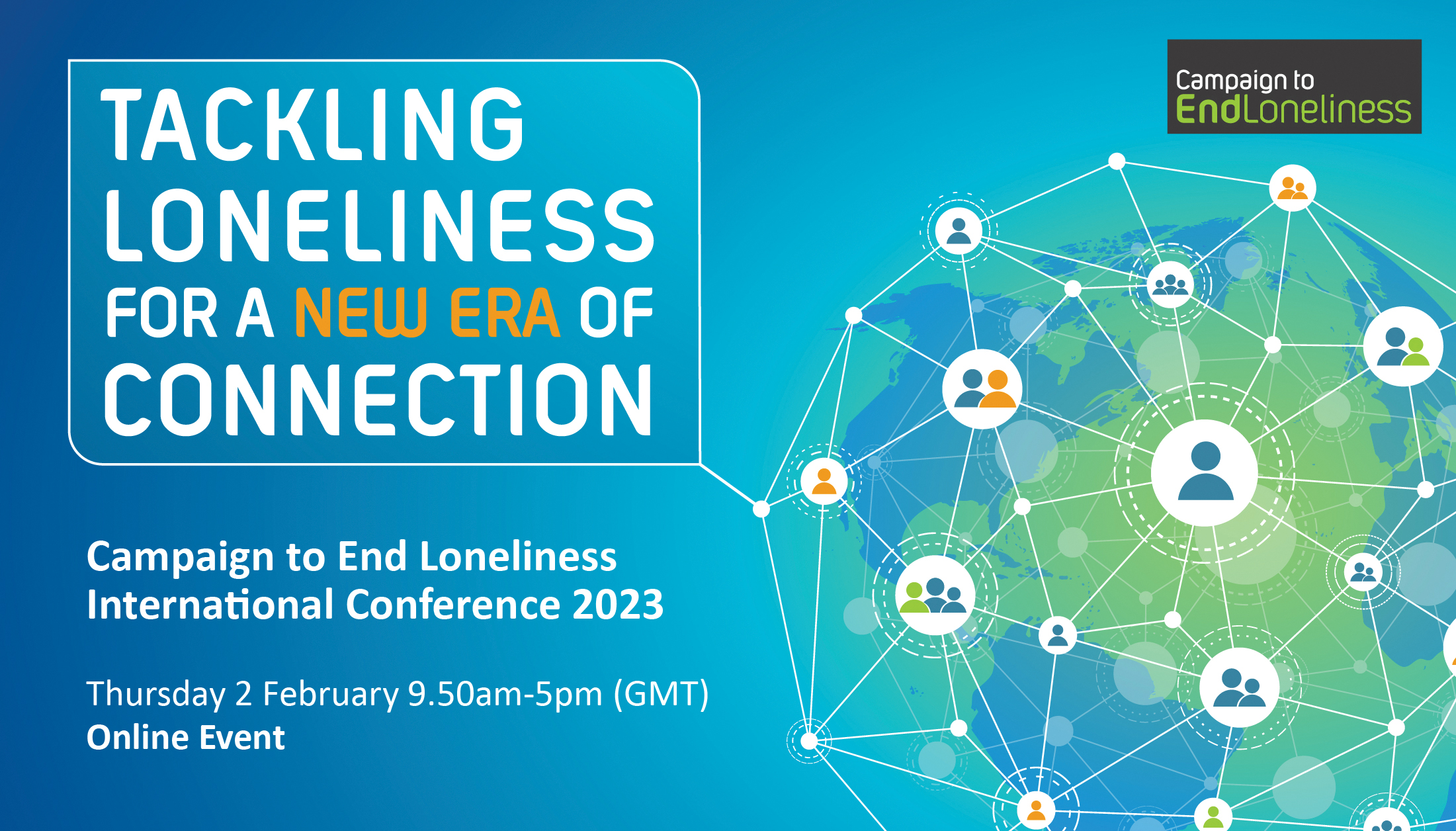Workplace loneliness
Tackling workplace loneliness and supporting employees to build social connections can create a more productive and resilient team. Organisations where employees have a strong sense of organisational identity can lead to improved quality of work, higher wellbeing and greater engagement. This is why we provide training for organisations. By addressing loneliness at work, we can support colleagues to feel more engaged and connected with each other.
As part of the cross-government loneliness strategy, we established the Loneliness Employers Leadership Group with the Department for Business, Energy and Industrial Strategy. This group was set up to deepen our understanding of loneliness at work and identify what employers can do. This work was taken forward by the Tackling Loneliness Network at DCMS as a task and finish group.




.png)

